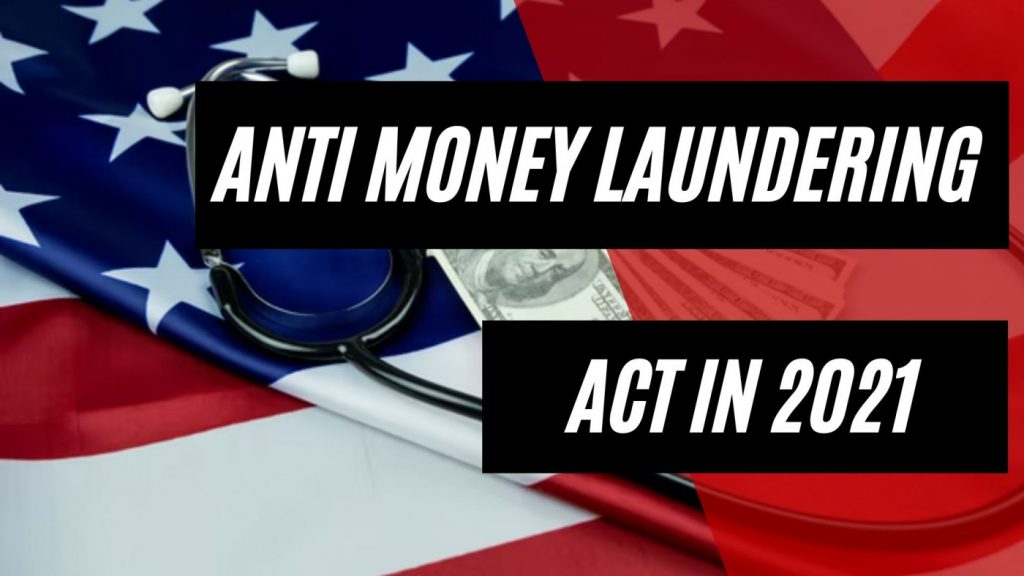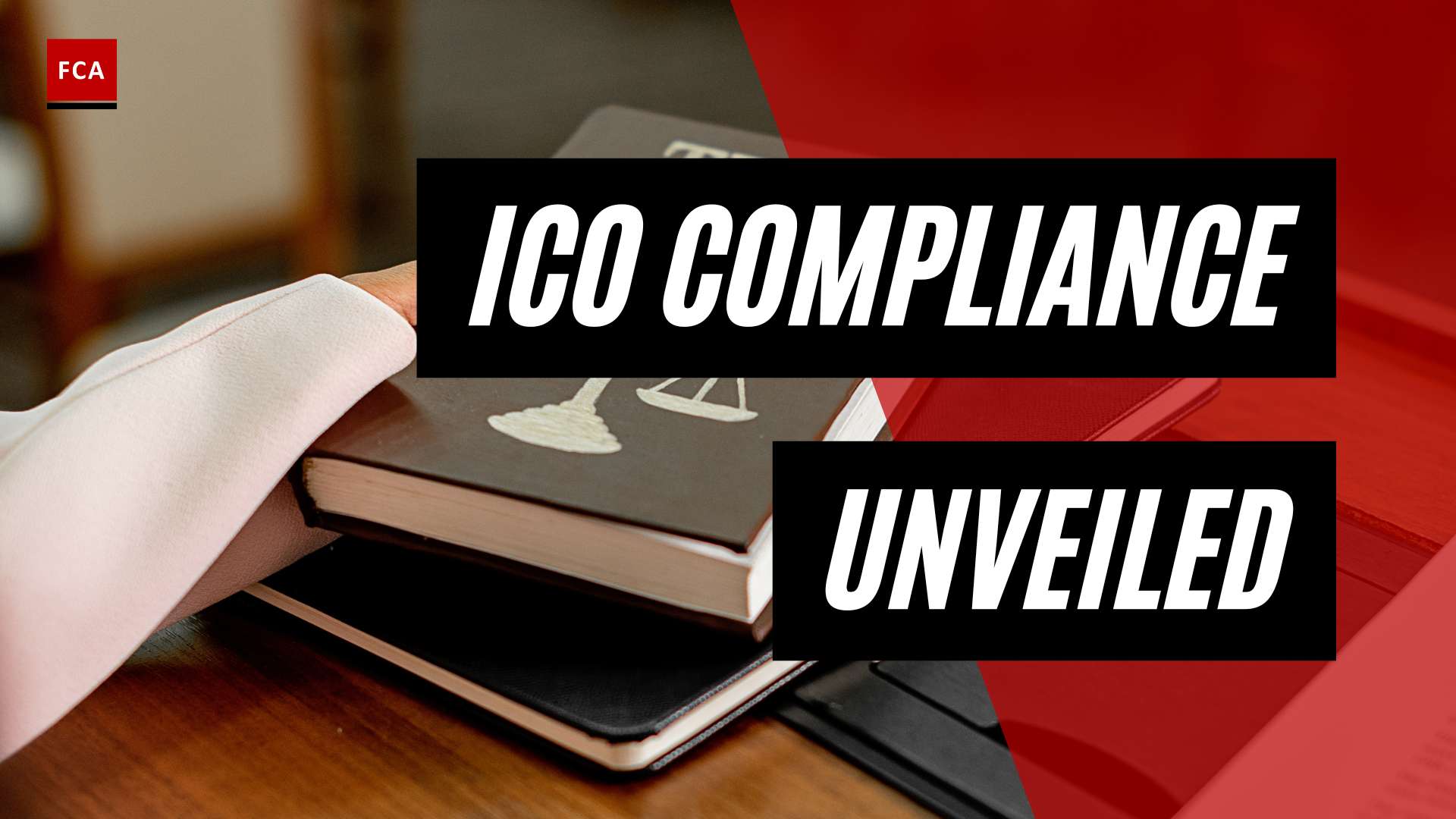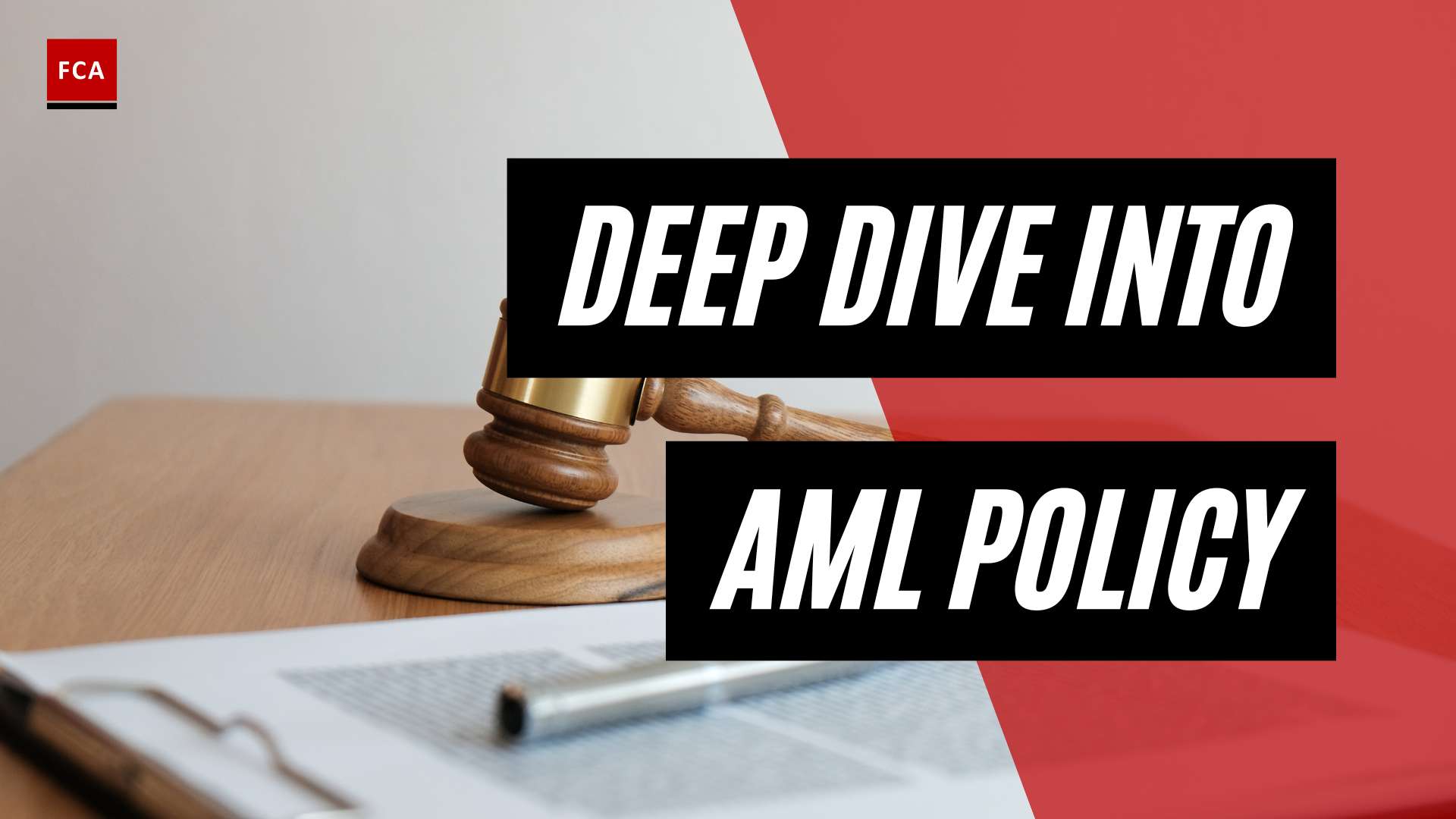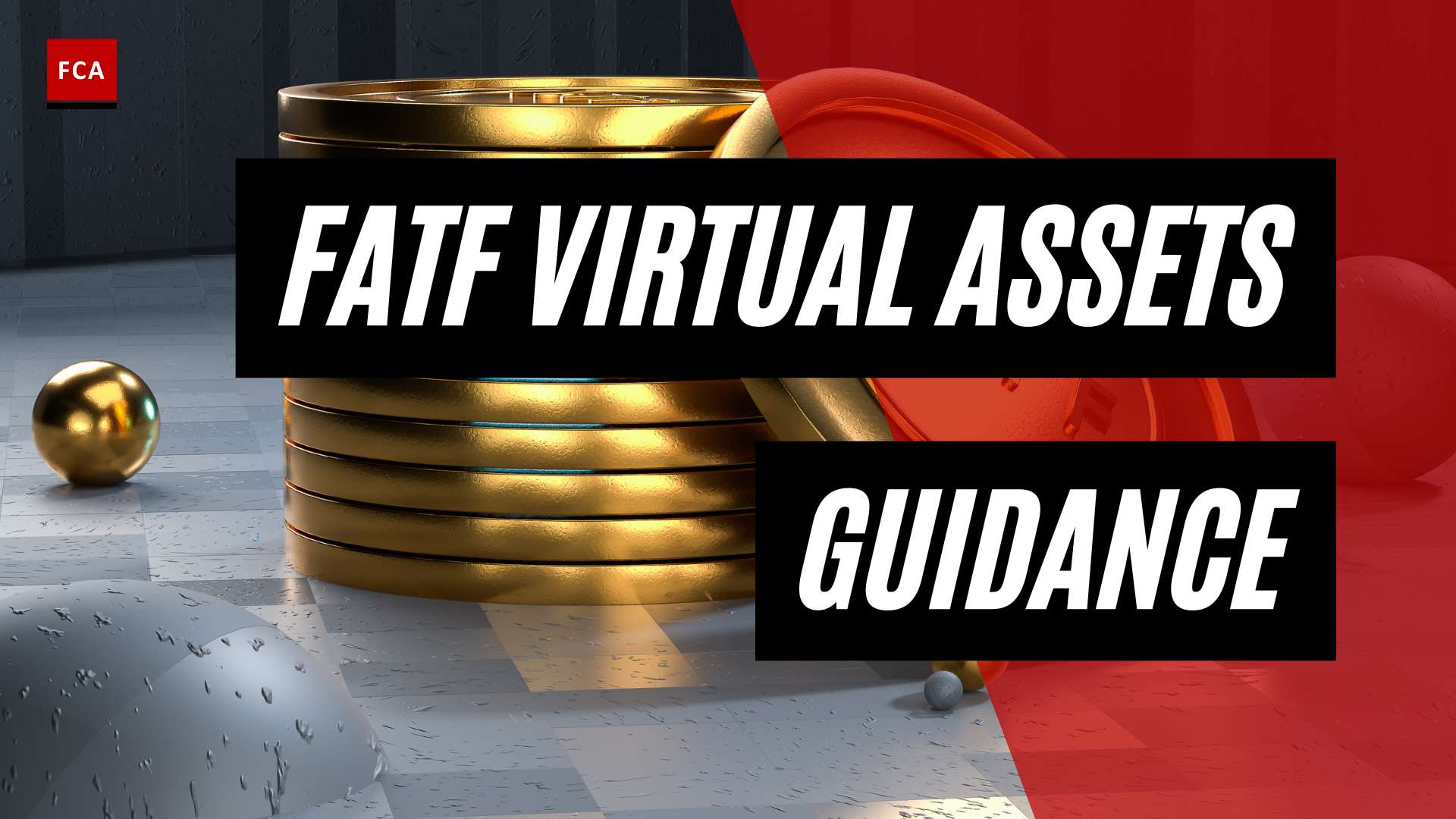The AMLA (Anti Money Laundering Act) is the most significant and broad-reaching legislative reform conducted in the US since the Patriot Act of 2001; the Anti-Money Laundering and Counter Financial Terrorism amendments contained within the Anti-Money Laundering Act impact profoundly on both financial institutions and businesses. In order to distill this legislative evolution, we have created a timeline from the first anti money laundering legislation, the Bank Secrecy Act in 1970, all the way through to the present AMLA in 2020.
The UN has estimated that the illegally-gained proceeds pocketed by criminals through money laundering equates to an eye-watering 3.6 per cent of global GDP. In the US, the AMLA (Anti-Money Laundering Act 2020) gives rise to a global crackdown on money laundering through increased powers granted to authorities that would require companies, banks and governments, both nationally and internationally, to hand over documents on demand.
Money laundering is seemingly going nowhere and is in fact reportedly on the rise. The pandemic may have thrown ice water on the fire of many businesses, but one illegal business activity reportedly thrived in 2020: money laundering. Proposed money laundering statistics from the Financial Action Task Force (the intergovernmental watchdog for financial crime) showed a 20% increase in money laundering in the year 2020 as compared to 2019.
Originating in the William M. Thornberry National Defense Authorization Act of 2020, the AMLA became law on January 1, 2021. The Anti-money Laundering Act broadens the scope of the The Bank Secrecy Act 1970 (BSA), which was the first anti money laundering legislation, and takes a significant step taken against financial crime in the US. Requirements under the Bank Secrecy Act include the filing of reports the US Department of the Treasury’s Financial Crimes Enforcement Network (FinCEN) where they are submitted for analysis, the results of which are then shared with law enforcement and policy makers.
Table of Contents
- Key Takeaways
- 1970: US Congress Passed The Bank Secrecy Act (BSA)
- 1973: The Bank Secrecy Act – A Contravention Of The US Constitution?
- 1976: Right To Privacy
- 1996: The Bank Secrecy Act Goes Online
- 2001: Pre-AMLA – Arrival Of The US Patriot Act
- 2021: The AMLA: A New Era, A New Act
- Summary
Key Takeaways
- FinTec, such as cryptocurrency, has created a need for new, dynamic AML legislation.
- The US AMLA represents a significant change to AML regulations within the US, with a worldwide impact.
- The AMLA is the most significant change to AML legislation since the 2001 US Patriot Act.
1970: US Congress Passed The Bank Secrecy Act (BSA)
For the first time, both banks and financial institutions within the US are required, through law, to cooperate with the US government to help prevent money laundering from taking place. The aim of this act was to inhibit and thwart financial institutions from being used by criminal operators as unwilling intermediaries in illegal monetary transactions.
The Bank Secrecy Act is also known as the Currency and Foreign Transactions Act puts forth requirements that mean that financial institutions need to report if they spot any signs of money laundering or possible tax evasion, as well as a number of other financial crimes.

Triggers of Bank Secrecy Act audits can range from customers wiring funds into accounts and then immediately transferring to new institutions, to potential criminals investing in what are known to be high-investment, low-return products. The common knowledge of many criminals wiring funds to foreign bank accounts, in order to tax evade and carry out money laundering, put pressure on the US government to in turn create a legal framework in which US banks would need to operate to curb the trend, hence, the Bank Secrecy Act was introduced to ensure that banks were keeping tabs on the operations of their customers.
The reporting requirements under the Bank Secrecy Act follow after the following triggers:
Key Takeaways
The reporting requirements under the Bank Secrecy Act follow after the following triggers:
Currency and Monetary Instrument Report (CMIR):
If you make any cash purchase through a money order or cashier’s check that exceeds $10,000.
Foreign Bank Account Reports (FBAR):
If you, as a US Citizen, hold a foreign bank account with a value of $10,000 or more.
Currency Transactions Reports (CTR):
If you make a transaction that exceeds $10,000 with 1 day.
Suspicious Activity Reports (SAR):
This covers a range of activity classed as suspicious, such as if you transfer money through multiple accounts quickly or carry out a high volume of transactions, especially if this involves high-risk countries.
Other reporting requirements:
For a period of 5 years, financial institutions must keep a record of the cash purchase of instruments, this can be a traveller’s check or money order, of a value of between $3,000 and $10,000.
1973: The Bank Secrecy Act – A Contravention Of The US Constitution?
In the Supreme Court case The California Bankers Association v Schulz, the Californian Bankers association made the politically-charged claim that the Bank Secrecy Act violated the First, Fourth and Fifth amendments and formed their legal arguments around concerns that the Bank Secrecy Act was an attack on both free speech and privacy, as rights were granted to powerful financial institutions to retain and share personal information of its customers with the government, which was purported to encroach on their rights as US citizens.
The Supreme Court found in favor of the US government and emphasized that individuals do not have unfettered freedom to conduct their affairs.
1976: Right To Privacy
In the 1976 case, The United States v Miller, Mr. Miller challenged the ability of the authorities to be able to seize his bank records without having had his consent in order to secure his conviction relating to bootlegging crimes.
Despite the circuit judge in Miller’s 5th court case finding in favor of him, the Supreme Court ruled very similarly to their 1974 ruling and held that individuals who choose to put their money into a bank account forgo their right to privacy in relation to their financial affairs.
1996: The Bank Secrecy Act Goes Online
FinCEN allows all SAR (Suspicious Activity Report) forms to be submitted via an online filing system, which has led to a growth of 2900% compared to the amount of submission before the introduction of the online system. This increase of submissions would’ve led to an effective clampdown on money laundering activities.
2001: Pre-AMLA – Arrival Of The US Patriot Act
The effects of the attacks on the Twin Towers on September 11, 2001, were felt globally, but within the US itself, reforms were introduced quickly—within a few weeks— in the form of the USA PATRIOT Act (the all-caps was later dropped) being passed, which contained extensive steps to help both detect and prevent the financing of terrorism that could potentially be carried out on US soil.
As part of the US Patriot Act, requirements were put on eligible financial institutions to:
- Report transactions of more than $10,000 to the Treasury Department;
- Maintain anti-money laundering programs;
- Collect information and verify identities of customers.
Similarly to the Bank Secrecy Act, the US Patriot Act has not been without its controversies regarding data protection.
2021: The AMLA: A New Era, A New Act
The Anti-Money Laundering Act enables the Treasury Department’s Financial Crimes Enforcement Network (‘FinCEN’) seeks to, among other things, regulate the activity of financial institutions.
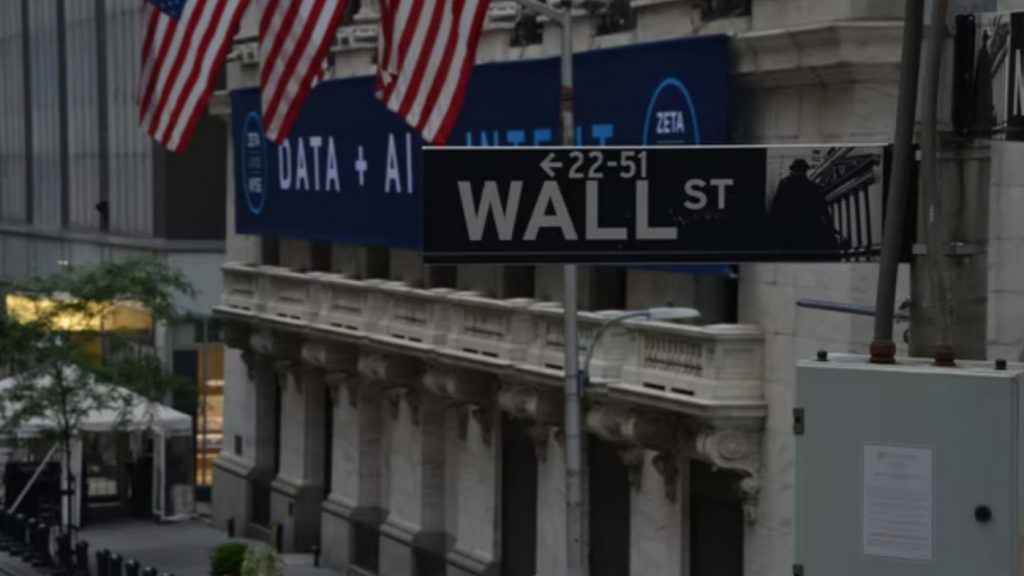
With the increase in money laundering during the pandemic and the rise of NFTs (non-fungible tokens) through the rising popularity of blockchain technology, cryptocurrency is now subject to new compliance obligations in an attempt to bring both cryptocurrency wallets and exchange service providers under the scope of legislation. This affects both the users of cryptocurrency and those who provide the wider market with their services.
Summary
As money laundering shifts and evolves globally, so too must the legislation and punitive responses to how it is tackled and curbed, and a synergy in information-sharing between both financial institutions and global law-makers is key to this effort.

